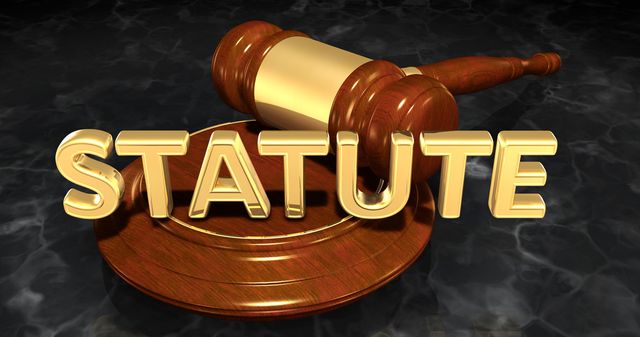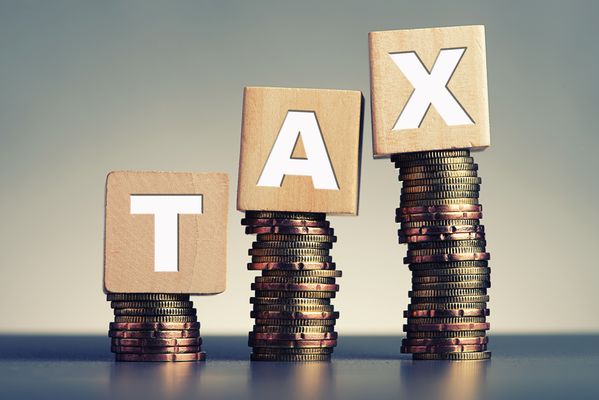3.3.3
Surviving the Recession, 1960-1969
Impact of the Recession
Impact of the Recession
In the first half of the 1960s, several countries were hit by a recession.


The Recession
The Recession
- West Germany was affected by a recession in the 1960s.


Impact on employment
Impact on employment
- The unemployment rate in the Federal Republic grew to 3.8%.


Impact on inflation
Impact on inflation
- The inflation rate grew to 4% in the mid-1960s.


Impact on the economy
Impact on the economy
- Whilst the inflation and unemployment figures were not extremely high, they marked a break from the growth experienced during the economic miracle.
- There was a fall in confidence in the West German economy.
- This was accompanied by an economic downturn.
The Grand Coalition Addressing the Recession
The Grand Coalition Addressing the Recession
Erhard had largely resigned due to the economic problems in West Germany. The Grand Coalition was formed to bring the FRG out of the recession.


Karl Schiller
Karl Schiller
- The Grand Coalition’s economic policies were led by the Economics Minister, Karl Schiller.
- Karl Schiller was a member of the SPD.
- Schiller sought to make the FRG’s economy more planned (as opposed to a free market economy).


Legislation
Legislation
- The Stabilisation Law was passed in 1967.
- This aimed to formalise cooperation between the federal government, trade unions, and employers.
- This legislation enabled the government to increase its power to achieve economic stability (through changing taxes or raising loans).
- The Bundestag (1967) on the purpose of the Stabilisation Law: “These measures shall be taken in such a way that they will, within the framework of the market economy, simultaneously help to stabilize prices, maintain a high level of employment, and achieve external balance, accompanied by steady and adequate economic growth.”


The government’s budget
The government’s budget
- The FRG sought to improve its government budget.
- Public expenditure was reduced.
- Taxes were increased.
- E.g. VAT rose by 2%.
Brandt's Government Addressing Economic Challenges
Brandt's Government Addressing Economic Challenges
The Grand Coalition collapsed in 1969. Willy Brandt set up a new government and addressed the FRG’s currency.


Reasons for the failure of the Grand Coalition
Reasons for the failure of the Grand Coalition
- There was high demand for the FRG’s currency, the Deutschmark, towards the end of the 1960s.
- This was because people sought Federal Republic exports.
- The Grand Coalition was divided over how to revalue the currency.


Revaluation of the Deutschmark
Revaluation of the Deutschmark
- Under Brandt, the value of the Deutschmark was raised by over 9%.
- This meant the Federal Republic had a strong currency.
- This increased the price of West German exports. However, this did not significantly damage the Federal Republic’s balance of payments as West German exports had a well established reputation.
1Political & Governmental Change, 1918-1989
1.1Creation & Collapse of Weimar, 1918-1932
1.2Nazi Dictatorship, 1933-1945
1.3Return to Democratic Government, 1945-1989
2Opposition, Control & Consent 1918-1989
2.1Opposition to Government, 1918-1989
2.2Controlling the People, 1918-1989
3Economic Developments & Policies, 1918-1989
3.1Reacting to Economic Challenges, 1918-1932
3.2Controlling the Economy, 1933-1945
3.3Creating the Social Market Economy, 1945-1989
4Aspects of Life, 1918-1989
4.1Attitudes Towards Women, 1918-1989
4.2Education & Cultural Developments, 1918-1989
5Historical Interpretations
5.1Influence of German History
5.2Hitler & Foreign Policy
5.3Contribution of Other Nations to WW2
5.4Reasons for Invading Poland
Jump to other topics
1Political & Governmental Change, 1918-1989
1.1Creation & Collapse of Weimar, 1918-1932
1.2Nazi Dictatorship, 1933-1945
1.3Return to Democratic Government, 1945-1989
2Opposition, Control & Consent 1918-1989
2.1Opposition to Government, 1918-1989
2.2Controlling the People, 1918-1989
3Economic Developments & Policies, 1918-1989
3.1Reacting to Economic Challenges, 1918-1932
3.2Controlling the Economy, 1933-1945
3.3Creating the Social Market Economy, 1945-1989
4Aspects of Life, 1918-1989
4.1Attitudes Towards Women, 1918-1989
4.2Education & Cultural Developments, 1918-1989
5Historical Interpretations
5.1Influence of German History
5.2Hitler & Foreign Policy
5.3Contribution of Other Nations to WW2
5.4Reasons for Invading Poland
Unlock your full potential with Seneca Premium
Unlimited access to 10,000+ open-ended exam questions
Mini-mock exams based on your study history
Unlock 800+ premium courses & e-books